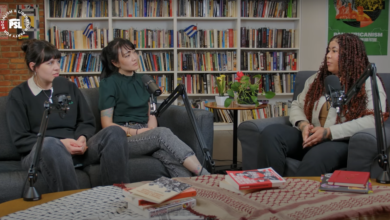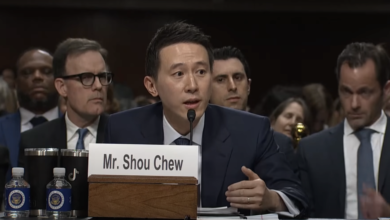An article published in
the April 26 issue of PLoS Medicine details
yet another instance of medical complicity in torture. Based on
research by non-governmental medical experts of records of nine
detainees at the Guantanamo Bay prison, the authors conclude,
“Medical doctors and mental health personnel assigned to the U.S.
Department of Defense neglected and/or concealed medical evidence of
intentional harm.”
As the article notes,
although complicity by health professionals in U.S. torture design
and implementation has been documented, this study reveals for the
first time the role of health professionals assigned to provide
routine medical and mental health care to the detainees. When the
detainees presented complaints related to torture, the doctors did
nothing to bring the torture to a stop.
When detainees sought care
for such injuries as broken bones, lacerations and nerve damage,
their assigned doctors “failed to inquire about and/or document the
causes of the physical injuries and psychological symptoms that they
observed.” When they sought care for depression, hallucinations,
nightmares or suicidal thoughts, mental health professionals
diagnosed personality disorders, psychosis and “routine stressors
of confinement.” One detainee seeking care for such complaints was
told, “’[You] … need to relax when guards are being more
aggressive.’”
When subjected to sleep
deprivation, extreme cold or heat, beatings, painful positions,
forced nudity, rape, mock execution or asphyxiation with water, the
victim should relax! When detainees carried out hunger strikes to
protest this ongoing torture, they were restrained and force-fed
through nasogastric tubes. This was the “care” these medical
professionals gave.
In an accompanying
editorial, PLoS Medicine editors
point out that despite President Obama’s 2008 campaign pledge to
shut down Gitmo, 172 detainees remain incarcerated there. The editors
charge that doctors at Gitmo violated the American Medical
Association’s Code of Ethics, which obligates doctors to “’whenever
possible, strive to change situations in which torture is practiced
or the potential for torture is great.’”
Even
if these doctors risked retaliation for upholding this ethical
principle, they cannot be absolved of their obligation to do so.
Although this article reveals particularly shameful conduct, medical
training and practice in the U.S. fosters a culture in which doctors
look the other way at all sorts of inhumane acts, be they war,
oppression, injustice or other remediable causes of human suffering.
Contrast this article about U.S. doctors’ complicity
in torture with one about Cuba’s Latin American School of Medicine
(ELAM) published in the March 2011 issue of Monthly
Review. That
article describes ELAM’s “dedication to creating a new medicine.”
Medicine as a capitalist enterprise engenders complicity with the
system from which its practitioners benefit. A new medicine rejects
complicity not only in torture, but also in the capitalist system.






